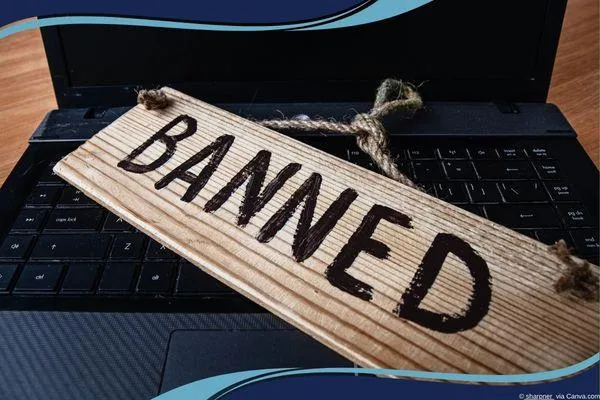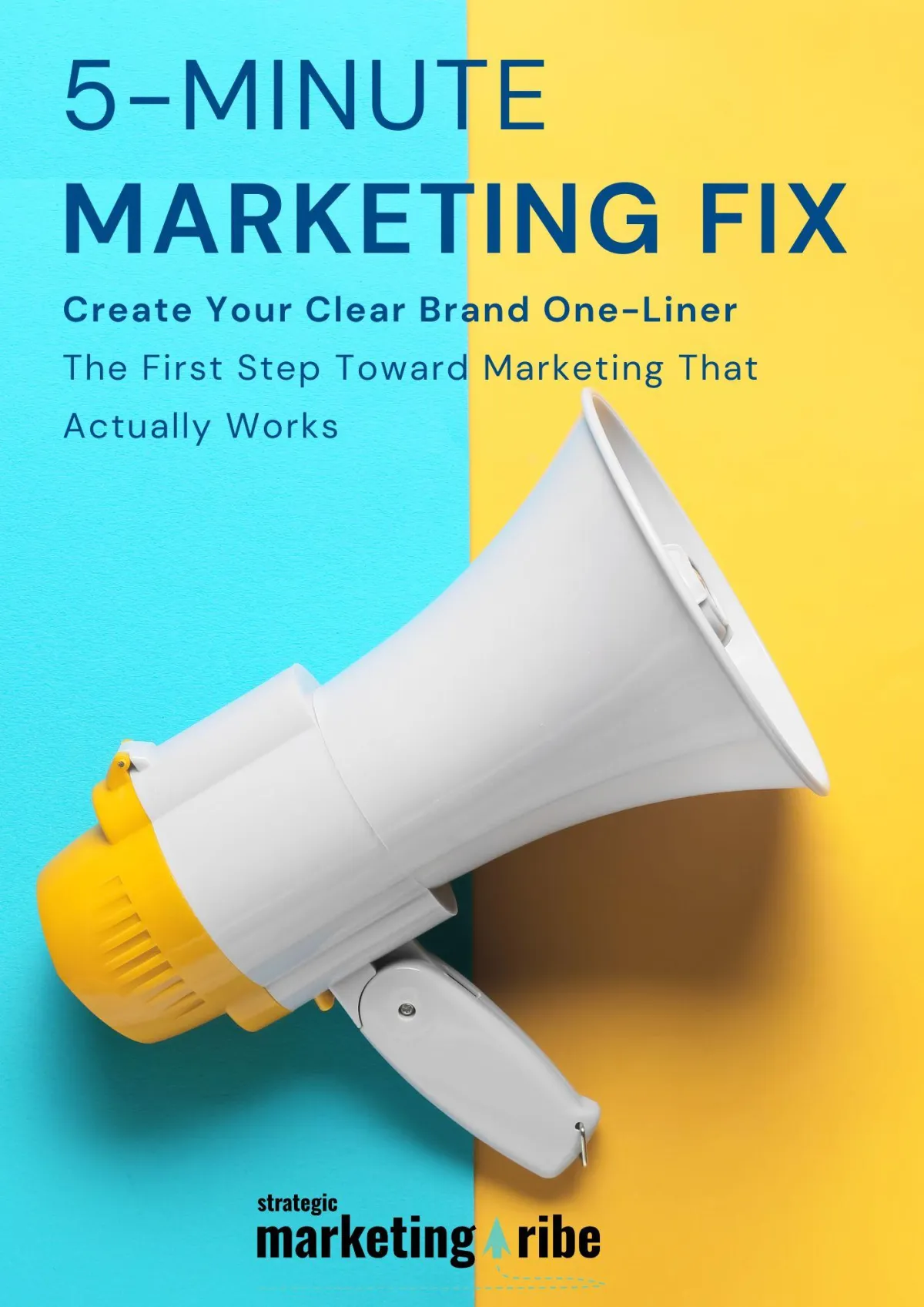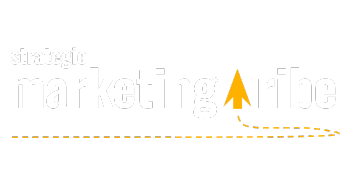NEWS, MEET STRATEGY
Real news, real insights – for small businesses who want to understand what’s happening and why it matters.

Mark Zuckerberg Sues Meta for Blocking Himself
By Vicky Sidler | Published 3 October 2025 at 12:00 GMT+2
It’s hard enough running Facebook ads. Now imagine doing it while being named Mark Zuckerberg.
No, not that one. The other Mark Zuckerberg. The lawyer from Indianapolis who’s spent the last decade getting booted off Facebook for allegedly impersonating… himself.
This month, the real-not-billionaire Zuckerberg filed a lawsuit against Meta after yet another account suspension cost him four months of advertising, client leads, and what’s left of his patience.
According to The New York Times, it’s not even the first time. He’s been locked out at least ten times since 2011.
And that’s with verified documents in hand.
TL;DR:
A bankruptcy lawyer named Mark S. Zuckerberg is suing Meta
Facebook repeatedly blocked his accounts for “impersonating” its CEO
He’s spent over $11,000 on ads that were wasted due to suspensions
His business page was reinstated only after he filed the lawsuit
He wants Meta to finally fix the problem and cover the damages
👉 Need help getting your message right? Download the 5-Minute Marketing Fix
Table of Contents:
Mark Zuckerberg Sues Meta for Blocking Himself
When Your Name Gets Flagged by a Bot:
Facebook Ads Matter for Small Businesses:
Why This Story Isn’t Just Funny:
How to Protect Your Marketing Strategy:
1. AI Search Distrust Grows—What Small Brands Should Do
2. Most People Can't Spot AI Ads—Why That Matters for Your Brand
3. AI Customer Service Is Broken. Here's What to Fix
4. LinkedIn Cracks Down on Lead Gen Tools—What It Means for You
5. ChatGPT Adds Parental Controls After Teen Tragedy
FAQs on Mark Zuckerberg’s Lawsuit Against Meta
1. Who is the Mark Zuckerberg suing Meta?
2. Why did Meta keep suspending his accounts?
3. What impact did this have on his business?
4. What is he asking for in the lawsuit?
6. What does this mean for other small business owners?
When Your Name Gets Flagged by a Bot:
Zuckerberg (the lawyer, not the hoodie-wearer) has worked in bankruptcy law for 38 years. His main problem isn’t tech support requests or confused friend requests. It’s that Facebook keeps deciding he doesn’t exist.
Meta’s automated systems flag his accounts as fake. Then they lock him out. When he sends in his bar license and ID to prove his name is real, nothing happens. His team appeals. They wait. Still nothing. Weeks turn into months.
He’s now asking Meta to pay for his legal fees, lost ad spend, and the time his IT team spent going in circles trying to get his account back.
Facebook Ads Matter for Small Businesses:
Some people might shrug this off. But if you’re a lawyer, or any small business owner, you know that Facebook ads are not optional.
Zuckerberg says Facebook is where his clients are. And once someone files for bankruptcy, they usually never come back. It’s a one-time shot to reach the right person at the right time.
Losing four months of ads during that window? That’s not just annoying. It’s lost income.
As he put it, “It’s important to market and keep your name out there and get to the people that are in trouble, so you can help them.”
Why This Story Isn’t Just Funny:
Yes, the irony is gold. But the implications are serious. Meta controls access to one of the most powerful marketing tools in the world. And yet even after multiple suspensions, documentation, and pleas for support, it took a lawsuit to get someone’s business page restored.
That’s not just bad customer service. It’s structural neglect.
So if your business relies on Facebook or Instagram to reach clients, you need a backup plan. You also need to know what your message is—because when your account vanishes, your reputation is all that’s left.
How to Protect Your Marketing Strategy:
As a StoryBrand Guide and Duct Tape Marketing Consultant, I always tell clients that clarity beats algorithms.
If your message is simple and consistent, you’re more likely to bounce back when tech fails you. You also reduce your risk of being mistaken for a bot or banned by mistake.
Zuckerberg’s case is extreme. But the lesson is universal.
If your digital presence depends on a platform you don’t control, then your message needs to be rock solid.
That’s where my 5-Minute Marketing Fix comes in. It’s a free tool to help you write a one-liner that explains who you are, what you do, and why people should care.
Because whether you’re named Mark Zuckerberg or not, your business shouldn’t vanish every time a bot gets confused.
Related Articles:
1. AI Search Distrust Grows—What Small Brands Should Do
Zuckerberg’s story shows how AI can get the basics wrong. This article takes that further, showing how consumers are rejecting AI search tools they no longer trust—and what that means for your business.
2. Most People Can't Spot AI Ads—Why That Matters for Your Brand
If platforms can't even detect who's real, how can they expect us to trust their content policing? This piece explores the blurry line between real and AI-generated content—and why your message still matters more than your tools.
3. AI Customer Service Is Broken. Here's What to Fix
If you’ve ever screamed into the void trying to get help from a bot, you’ll relate. This article breaks down why support systems fail, and how businesses like yours can avoid making the same mistake with your own customers.
4. LinkedIn Cracks Down on Lead Gen Tools—What It Means for You
Meta isn’t the only one causing marketing headaches. LinkedIn’s recent crackdown also shows what happens when platforms change the rules without warning. This post helps you stay ready.
5. ChatGPT Adds Parental Controls After Teen Tragedy
Zuckerberg’s lawsuit reveals what happens when AI gets it wrong. This post shows what happens when it goes very wrong. It’s a stark reminder that human oversight isn’t optional—it’s essential.
FAQs on Mark Zuckerberg’s Lawsuit Against Meta
1. Who is the Mark Zuckerberg suing Meta?
It’s not the Facebook founder. The plaintiff is Mark S. Zuckerberg, a bankruptcy lawyer from Indianapolis who has no relation to Meta’s CEO. He’s suing because Facebook keeps disabling his accounts, wrongly accusing him of impersonating a celebrity.
2. Why did Meta keep suspending his accounts?
Meta’s automated systems flagged his name as suspicious. Even after he submitted verification documents like his law license, the platform continued to block both his personal and business accounts.
3. What impact did this have on his business?
He lost months of access to his Facebook business page, during which time he couldn’t run ads or reach potential clients. He estimates he spent over $11,000 on ads that became worthless due to the suspensions.
4. What is he asking for in the lawsuit?
Zuckerberg wants Meta to pay his legal fees, reimburse wasted ad spend, and finally put safeguards in place to stop this from happening again. He’s not asking for a specific dollar amount in damages—just resolution and accountability.
5. Has Meta responded?
Yes. Meta reinstated his account after he filed the lawsuit and said the suspension was a mistake. They’ve promised to try to prevent it from happening again.
6. What does this mean for other small business owners?
If a real person with a long-standing account and verified documents can be blocked without recourse, it’s a warning to all business owners who rely on Facebook. You don’t own your platform presence—so your message needs to be strong and portable.
7. How can I avoid this kind of platform risk?
Start with a clear, consistent message that works across channels. Then back it up with an email list, website, and brand voice that doesn’t depend on a single platform. If you need help crafting that message, try the 5-Minute Marketing Fix.
8. Is it risky to use platforms like Facebook for business?
It’s not wrong—but it’s risky to use them exclusively. As this case shows, you can lose access overnight. Diversify your marketing and control what you can, especially your core message and customer list.

Created with clarity (and coffee)







